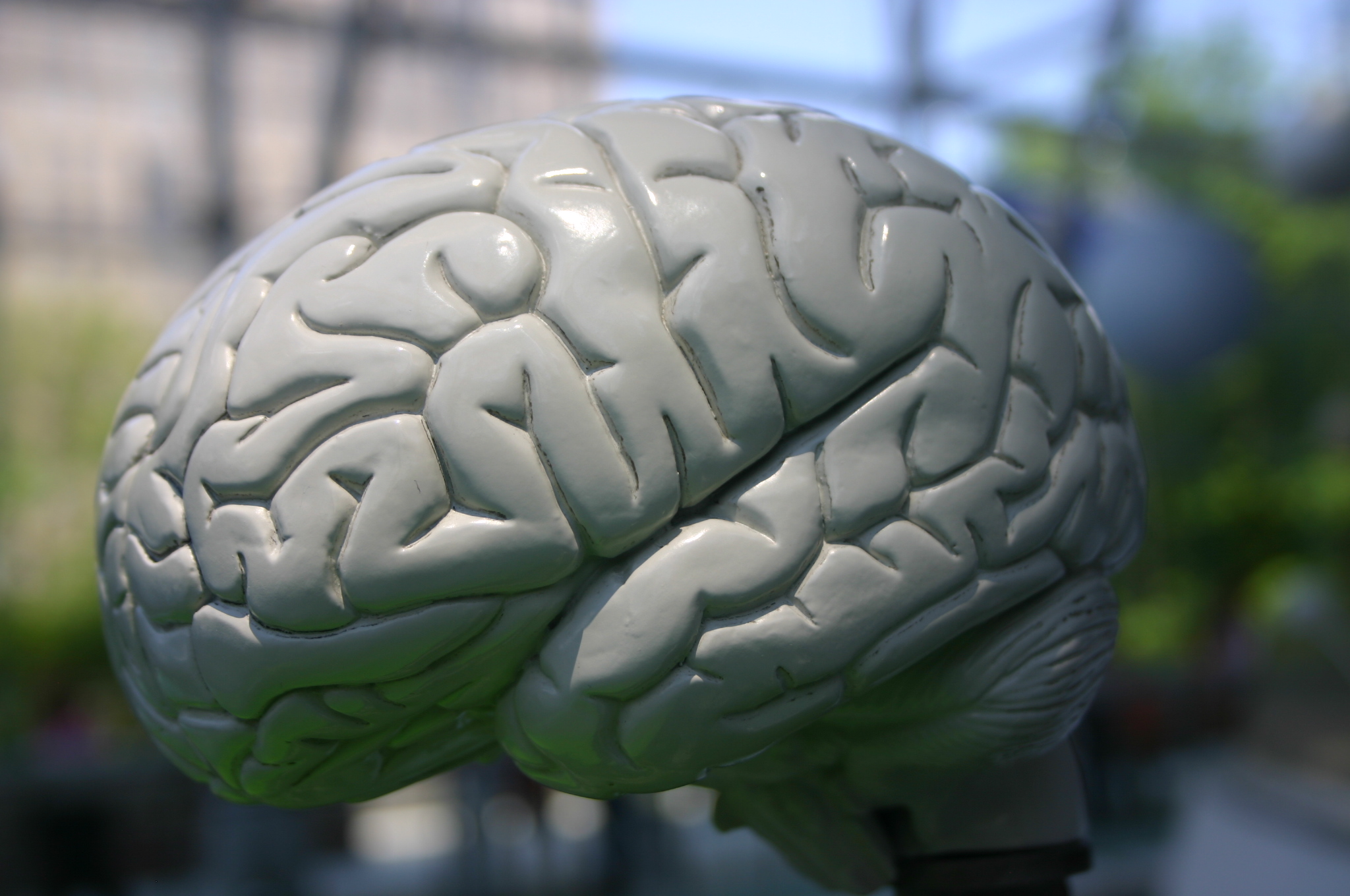
SATURDAY, Jan. 23 (HealthDay News) — People who have an unrealistically high opinion of themselves have less activity in the frontal lobes of their brain, researchers have found.
“In healthy people, the more you activate a portion of your frontal lobes, the more accurate your view of yourself is. And the more you view yourself as desirable or better than your peers, the less you use those lobes,” Jennifer Beer, an assistant professor of psychology at the University of Texas at Austin, said in a university news release.
In the new study, 20 volunteers had MRI brain scans while they answered questions about how they compared to their peers on positive traits, such as likeability, modesty and maturity, and on negative traits, such as unreliability, materialism, messiness and narrow-mindedness.
The participants who had a very positive self-image had less activity in the orbitofrontal cortex, a region of the frontal lobe generally associated with reasoning, planning, decision-making and problem-solving. Some of the volunteers with a realistic self-view had four times more frontal lobe activation than the participant with the highest self-regard, the researchers found.
The study is published in the February issue of the journal NeuroImage.
Beer said the findings may help improve understanding of brain function in seniors or people who suffer from depression or other mental illnesses. It may also prove important in the treatment of recovering methamphetamine addicts whose frontal lobes are often damaged by drug use and who can overestimate their ability to remain drug-free.
More information
For more on brain anatomy, see the American Association of Neurological Surgeons.

